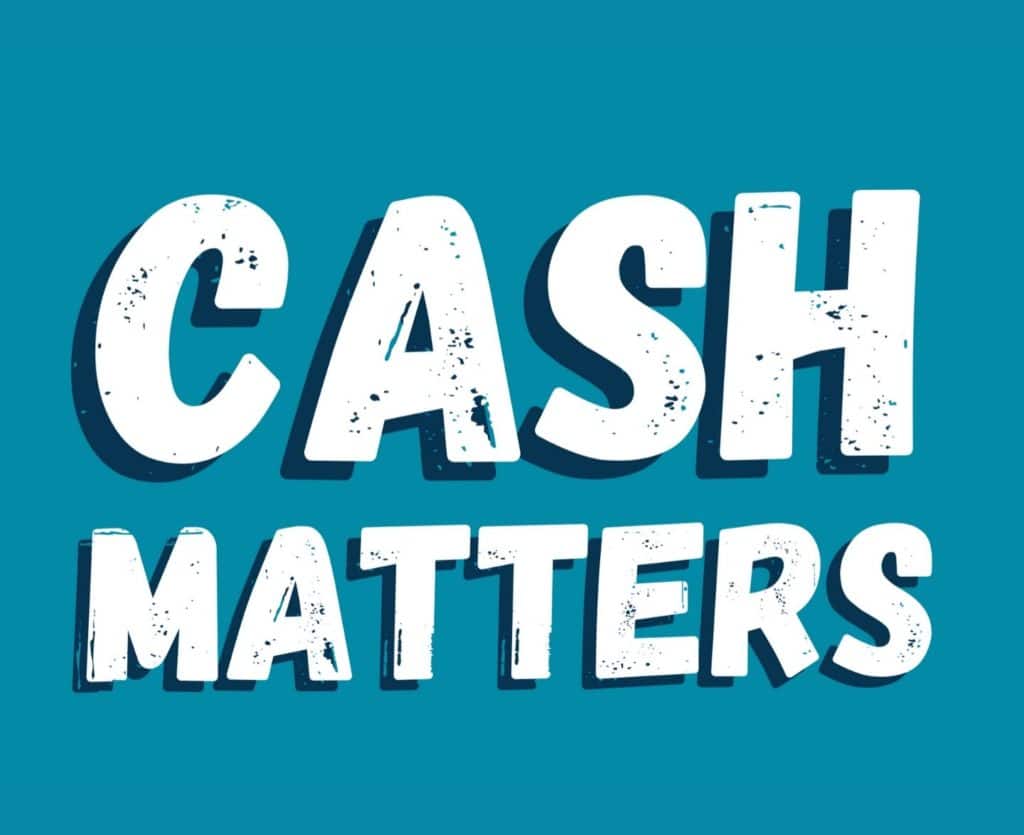COVID-19 has exposed just how many people across the state were one paycheck away from being unable to meet their basic needs. People who were experiencing economic hardship before this crisis are falling further behind. Federal action to expand unemployment protections and provide stimulus payments were important first steps, but too many people – especially undocumented workers – were excluded, and much more needs to be done to ensure everyone can meet their needs while staying safe.
See our new fact sheet for more information on why cash stimulus must be a part of Washington’s economic recovery.
A Recovery Rebate can ease Washington’s recovery
The scale of this economic crisis warrants bold, unprecedented action from state leaders. Now is the time for lawmakers to invest in a statewide Recovery Rebate – modeled after federal stimulus payments. A Recovery Rebate would allow for people with low incomes – including people who use an Individual Tax Identification Number (ITIN) to file taxes – to receive a one-time stimulus payment based on tax-filing information. Putting cash directly into the pockets of the people who drive our economy and who have been most impacted by the public health and economic fallout of COVID-19 is a smart investment.
Lawmakers should create a short-term Recovery Rebate to get cash into the pockets of people immediately. Long term, legislators should leverage this Recovery Rebate model to create a permanent system that would aid our state in future economic recoveries. A permanent, annual Recovery Rebate can be modeled after the Working Families Tax Credit, our state’s version of the highly successful Earned Income Tax Credit (EITC).
Flexible cash assistance bolsters & complements existing support systems
Critical supports like WorkFirst/Temporary Assistance for Needy Families (TANF) and the Supplemental Nutrition Assistance Program (SNAP) work best when accessed as part of a larger system. A Recovery Rebate would expand Washington’s system of support by giving residents the financial flexibility they need to pay for necessities not covered by other public benefits. (See our new fact sheet for more details.) While important lifelines, programs like TANF and SNAP impose strict eligibility requirements and limitations on how funds can be used. These restrictions prevent people from covering the full costs of their needs or other essential expenses, like the technologies for school or car repairs.
Cash promotes health and well-being in times of crisis
The strongest antidote to economic insecurity is cash. People who have suddenly lost work, income, and employer-sponsored health coverage face another type of public health challenge – financial instability. The research is clear: People have better physical and mental health outcomes when they are not worrying about putting food on the table or having a safe place to live.
Direct cash stimulus is especially important for families with children, as children are particularly harmed by economic hardship. Experiencing childhood poverty can have negative consequences for children’s development that continue long into adulthood. But income boosts and other public supports can help put children in families experiencing economic hardship on a path to success. For example, extra income from federal and state tax credits have been shown to lift children out of poverty and support positive developmental and educational outcomes for kids in families that receive these credits. Investing in people and their families now can help ensure the next generation grows up to be as strong and healthy as possible.
A cash stimulus is an equitable investment
A cash stimulus would overwhelmingly support communities that are being disproportionately impacted by the spread of the novel coronavirus and who are also the most likely to be devastated by this economic crisis. Persistent and historically oppressive systems have meant that communities of color – especially Latinx communities, immigrants, and refugees (including those who are undocumented) – people with disabilities, and communities in rural areas are more likely to live on lower incomes. These communities would therefore see outsized benefits from a state Recovery Rebate.
Additionally, by structuring a stimulus to include taxpayers who use an ITIN, our state’s lawmakers can fill gaps left by the federal government. This will help this important group of taxpayers – which includes undocumented immigrants, certain student visa holders, spouses and children of people with visas tied to employment, and survivors of intimate partner violence – better support themselves and their families through this crisis.
We can speed up the economic recovery by investing in communities now
Flexible cash payments to people with low incomes generate local economic activity that can support small businesses and the economic recovery as the state reopens. In fact, one analysis found that every dollar of a recipient’s Earned Income Tax Credit refund generated $1.5 to $2 in economic activity.
Households with low incomes are also more likely to spend stimulus dollars quickly and on essentials in local economies. Households with less than $500 in savings that received federal stimulus checks in spring of 2020 spent almost half of their payments on necessities within 10 days of receipt, according to a recent analysis.
There is enough wealth in the state to meet community needs
In the short-term, lawmakers can use a portion of the Coronavirus Relief Fund or the low-interest federal lending options created by the federal Coronavirus Aid, Relief, and Economic Security (CARES) Act to create and fund a Recovery Rebate. To fund a long-term, annual Recovery Rebate, lawmakers should enact much-needed progressive taxes that yield additional state revenues. They can do this by passing a state capital gains tax for the ultra-wealthy and removing unnecessary tax breaks for big corporations.
Communities can’t wait any longer. All of us deserve the opportunity to get through this recovery. Lawmakers can leverage the immense wealth of our state to raise revenue for important and needed investments like a Recovery Rebate.
The Washington State Budget & Policy Center is a part of a coalition of more than 30 partner organizations across Washington state that support this state cash stimulus. Sign up for our e-news to stay updated or email Emily Vyhnanek to join the coalition.


